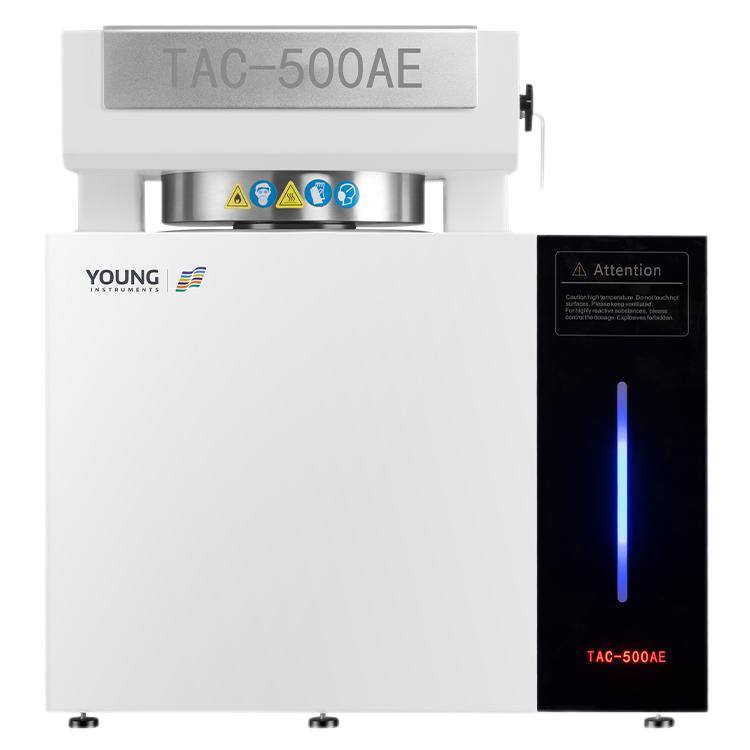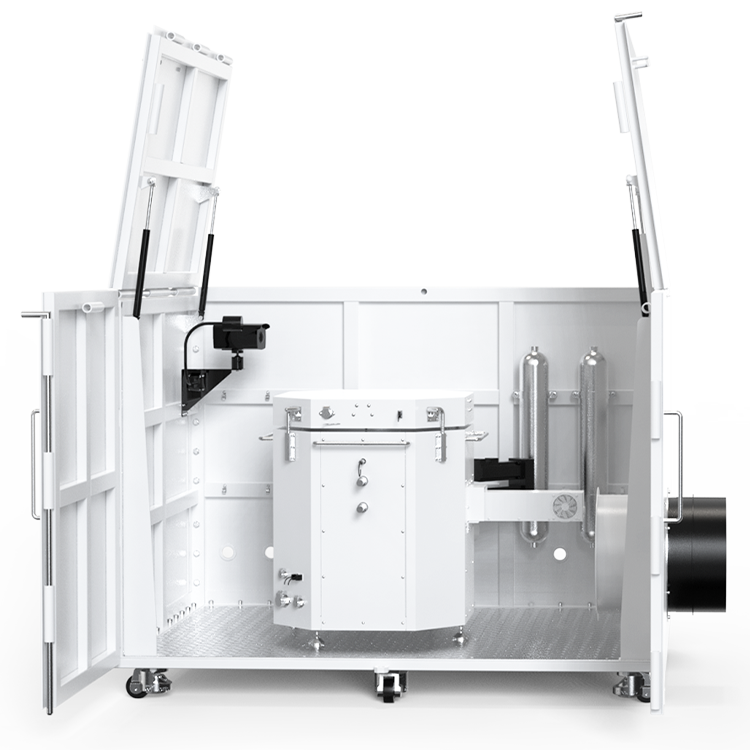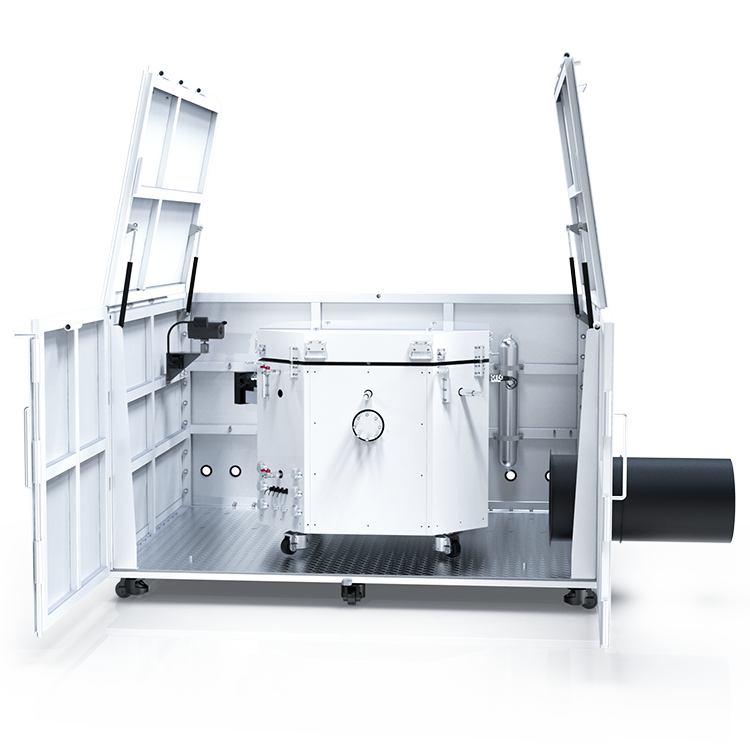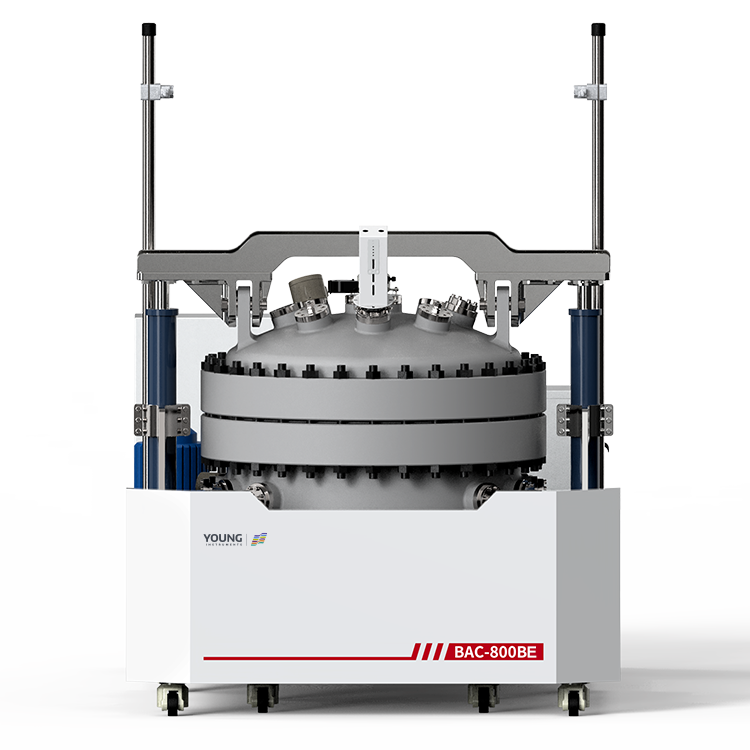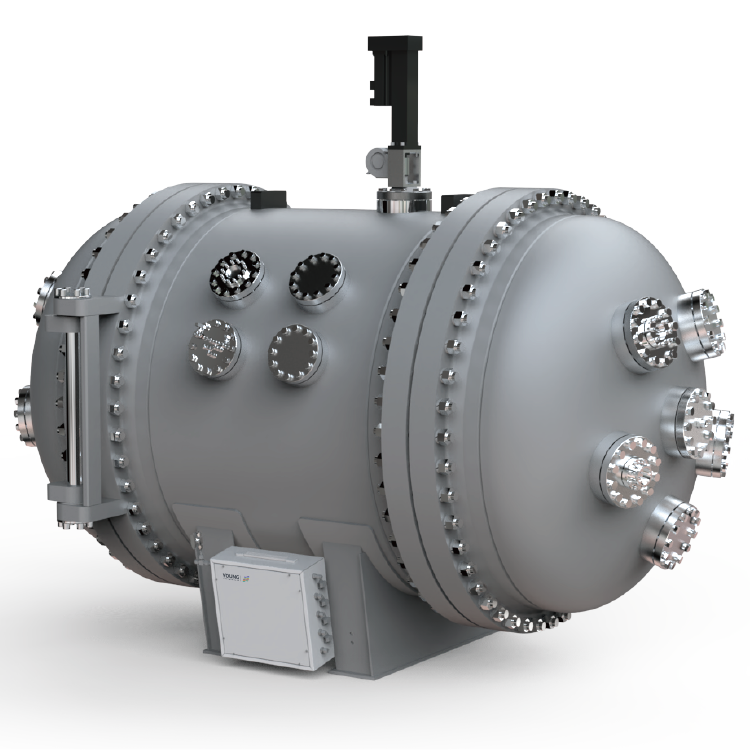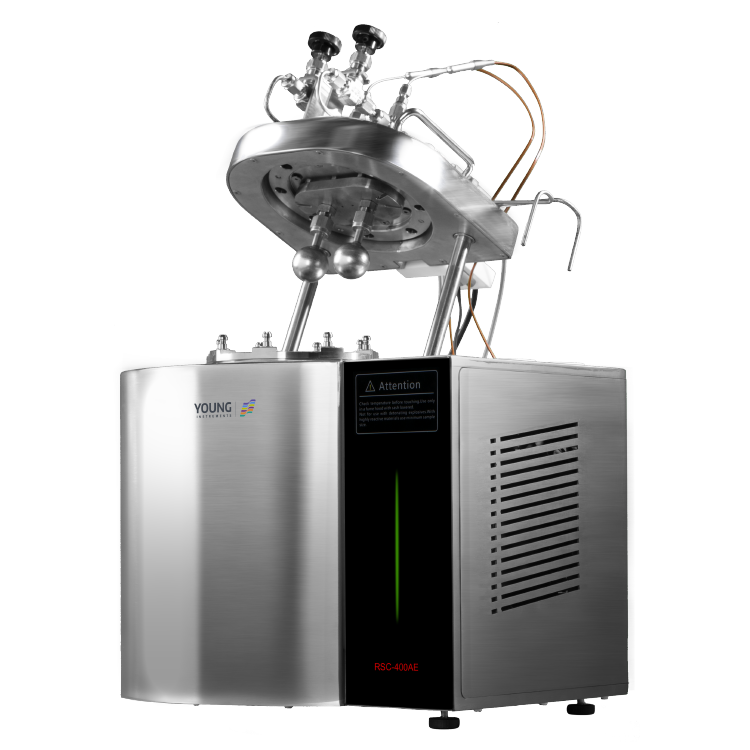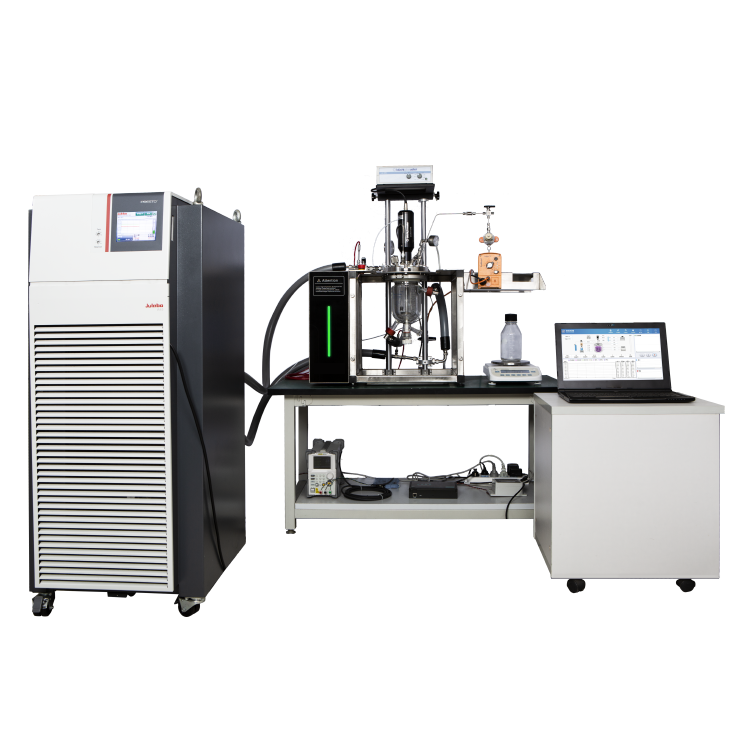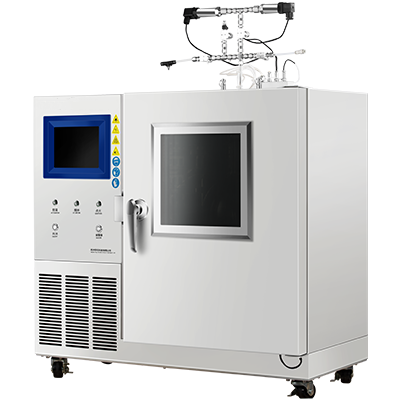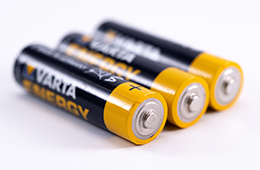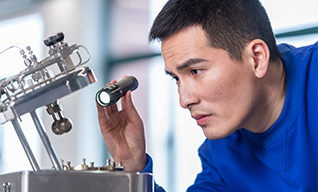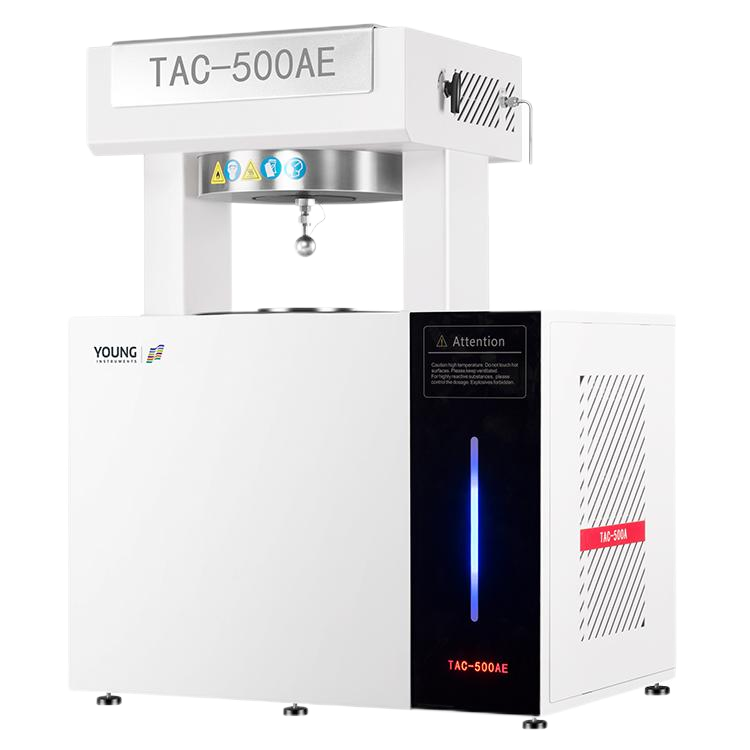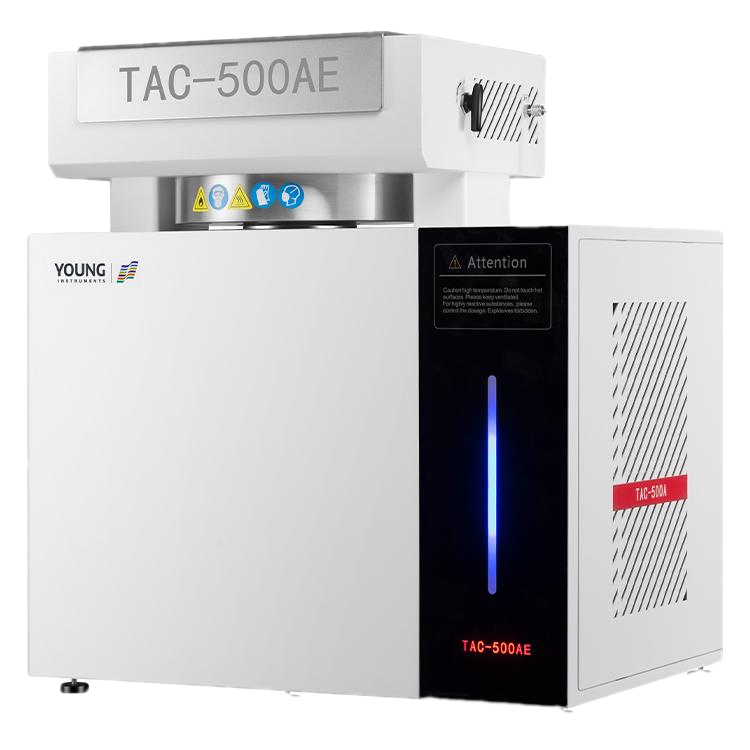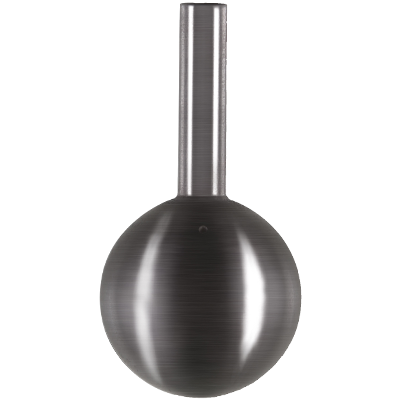
Accelerating Rate Calorimeter
The TAC-500AE is a professional testing instrument designed to simulate potential thermal runaway reactions under laboratory conditions. It is primarily used in the fields of fine chemicals, pharmaceuticals, energetic materials, organic chemistry, polymers, and plastics for the research and development of chemical processes, process optimization and scale-up, assessment of chemical thermal hazards, investigation and analysis of combustion and explosion accidents, and thermokinetic studies.
Test Parameters
Process and Safety Assessment, Thermodynamic Calculations, Runaway Reactions
Applicable Fields
Risk Assessment of Reactions, Pharmaceuticals, Food and Organic Synthesis, MTSR Process Safety
Keywords
Adiabatic Calorimeter, Thermal Stability Testing, ARC Calorimeter
Description
Uses
The Accelerating Rate Calorimeter is capable of real-time monitoring and recording of critical parameters such as temperature, pressure, and heat release during the reaction process. It provides essential safety assessment data for the development, production, storage, and transportation of chemicals. Its high-precision sensors and advanced data processing system ensure the accuracy and reliability of the test results, making it an indispensable safety assessment tool in the fields of chemicals, pharmaceuticals, and energy.
- Accurately simulates adiabatic conditions to ensure the authenticity of test results.
- High-precision sensors capture minute heat changes, ensuring reliable data.
- Wide temperature measurement and control range to meet the testing needs of various samples.
- Real-time monitoring of multiple parameters for a comprehensive understanding of the sample’s reaction state.
- The preferred choice for chemical safety assessment, effectively preventing the risk of production accidents.
How it works?
The instrument creates a highly adiabatic testing environment, ensuring precise monitoring of the thermal decomposition behavior of chemical samples during the heating process without any external heat exchange interference. During the test, the adiabatic calorimeter can record key parameters such as sample temperature, pressure changes, and heat release rate in real-time. These data are crucial for assessing the thermal stability of chemicals, predicting their decomposition temperature and products, and analyzing potential safety risks.
The Accelerating Rate Calorimeter (ARC) offers several testing modes:
- Constant-Rate Scanning Mode: Quickly identifies the initial reaction temperature and other basic thermal characteristics of a substance.
- Isothermal Mode: Analyzes the thermal characteristics of a substance when exposed to a constant temperature over an extended period.
- HWS (Heating-Waiting-Searching) Mode: Determines thermokinetic parameters under adiabatic conditions.
Technical Support
Zeal Instruments offers comprehensive technical support, including instrument installation, commissioning, operational training, and maintenance, to ensure that users can proficiently use the equipment and address practical issues.
- Remote online diagnostics for rapid resolution of equipment issues.
- Regular maintenance services to ensure long-term stable operation of the device.
- User training courses to help researchers use the equipment more efficiently.
Features
Specifications
| Working Environment | 5 °C – 40 °C, < 85% RH |
| Temperature Range | RT – 500 °C |
| Temperature Detection Threshold | 0.005–0.02 °C/min |
| Temperature Tracking Rate | 0.005–40 °C/min |
| Temperature Resolution | 0.001 °С |
| Pressure Detection Range | 0–20 MPa |
| Pressure Resolution | 1 kPa |
| Sample Test Amount | 8 mL |
| Material of Test-cell | Stainless Steel, Titanium Alloy, Hastelloy (optional) |
| Phi | ≤ 1.35 |
| Interface | USB or RJ45 |
| Power Supply | AC220V/50Hz |
| Power | ≤ 3000 W |
| Dimensions | 620 mm × 470 mm × 670 mm |
| Weight | Approx. 78 kg |
Applications
Videos
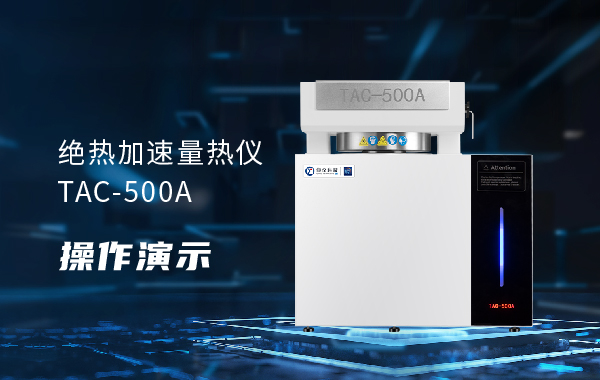
Instruction

Adiabatic acceleration calorimeter
TAC-500A








